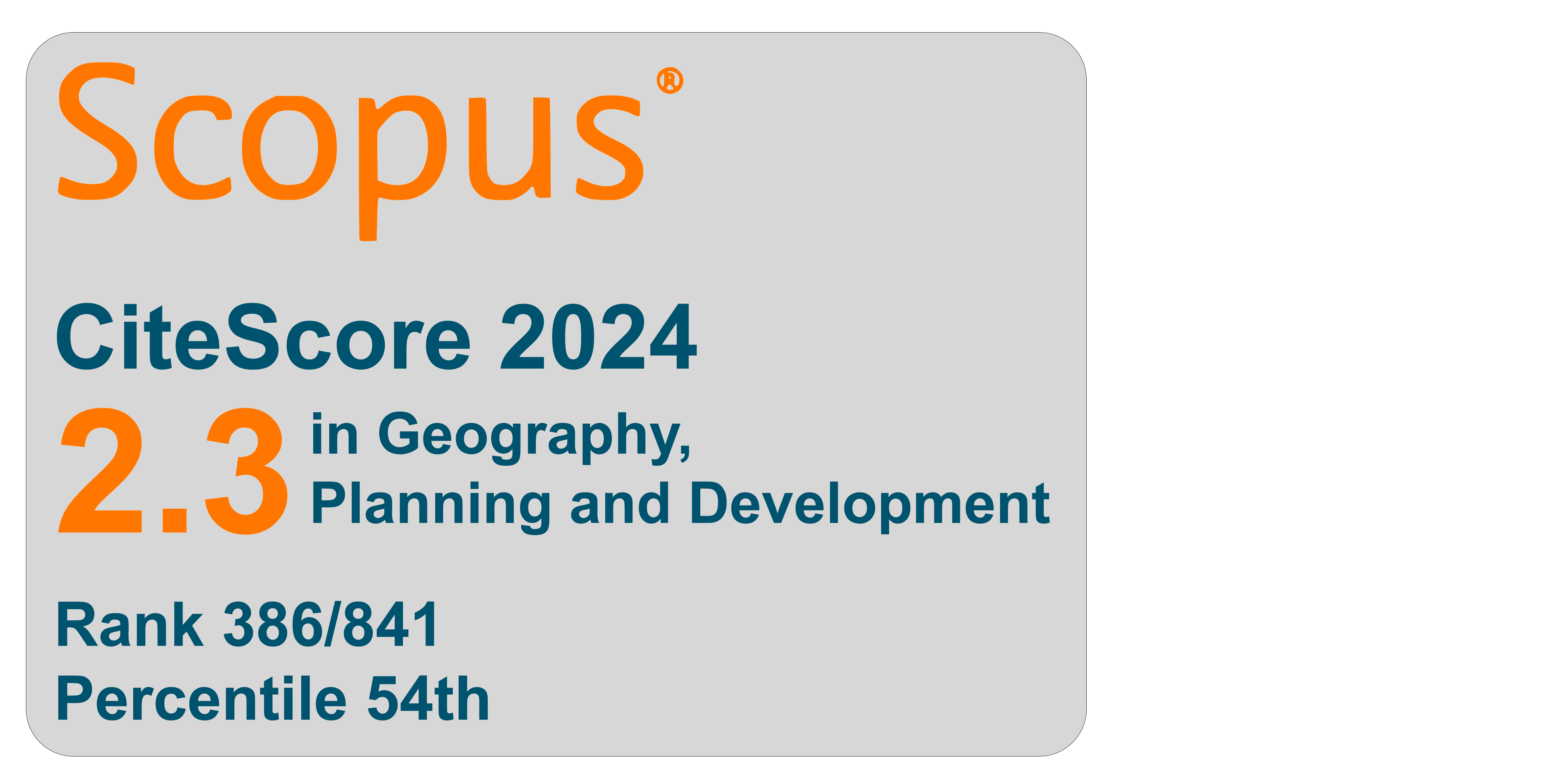How urban food gardening fits into city planning
Evidences from Italy
DOI:
https://doi.org/10.6093/1970-9870/9056Keywords:
Urban agriculture, Urban Food Gardening, City planning, Urban planning, GovernanceAbstract
The international planning agenda is opening its attention to the integration of food systems in urban planning and, consequently, to Urban Agriculture (UA). However, what UA and, particularly, Urban Food Gardening (UFG) mean in terms of city planning and urban space management have been less explored by the academic point of view. Here we propose a frame to analyse UFG practices in relation with land use and zoning, land property, management and urban regulations. By an empirical analysis of a thirty case studies in Italian metropolitan cities, we show that the Italian panorama of UA practices is wide and varied, and that the recent policies aimed at promoting UFG adopt different tools, according to path-dependencies and different actors involved in defining urban agendas. However, the Italian planning system has not yet integrated UA within its planning tools in a structured way. Current trends regard to the adoption of UA-related policies, strategies, plans and regulations has been highlighted, in order to identify possible points of attention for the development of UA in the European context.
Downloads
Downloads
Published
How to Cite
Issue
Section
License
Copyright (c) 2022 Anna Forte, Enrico Gottero, Claudia Cassatella

This work is licensed under a Creative Commons Attribution-NonCommercial 4.0 International License.



